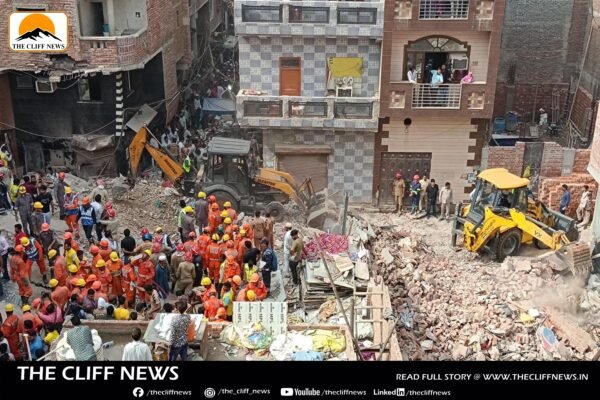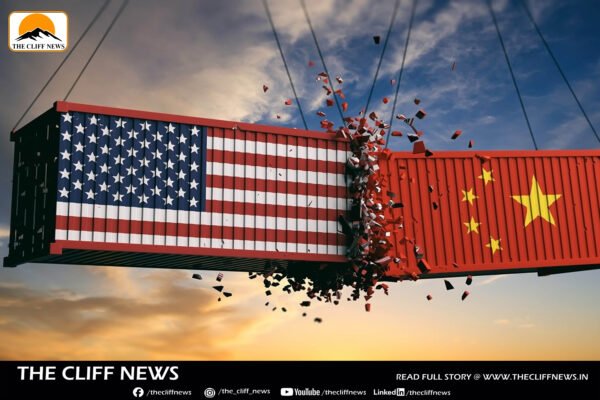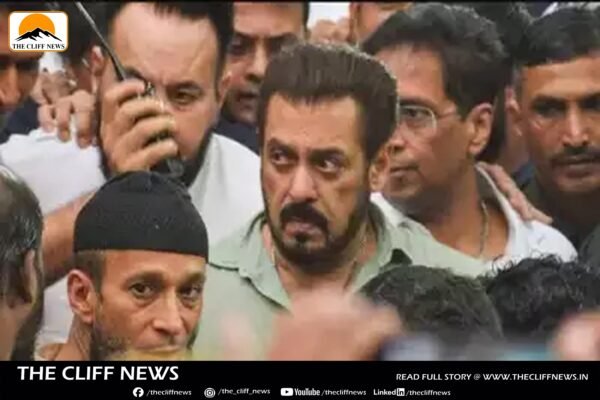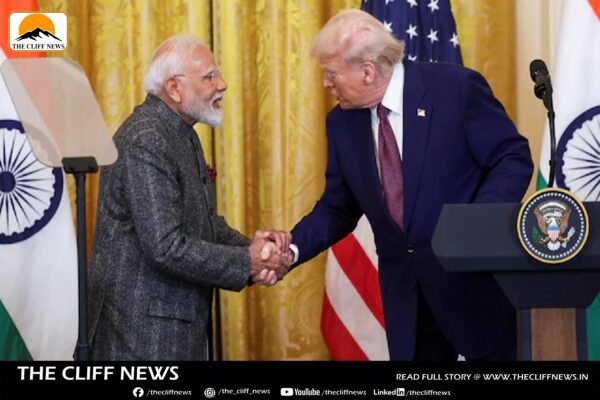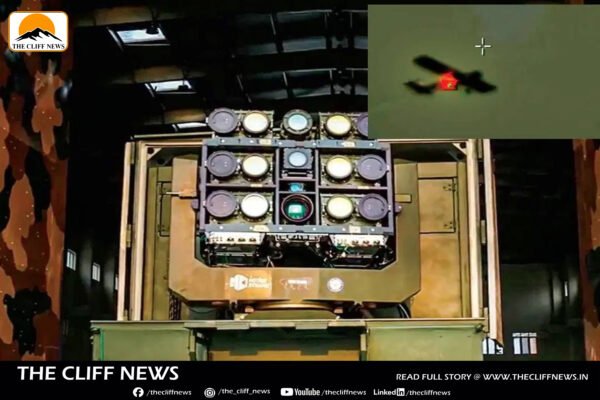Four Dead, Several Trapped in Mustafabad Building Collapse; CM Orders Probe
In a tragic incident in northeast Delhi’s Mustafabad, a four-storey building collapsed in the early hours of Saturday, April 19, 2025, resulting in the death of at least four people. The collapse occurred around 3 am in Shakti Vihar, trapping approximately 22 people under the debris. Rescue teams managed to bring out 14 individuals, who were rushed to GTB Hospital, where doctors confirmed four of them as brought dead. Authorities believe that 8 to 10 people are still trapped under the rubble. Chief Minister Rekha Gupta expressed deep sorrow over the incident and has ordered a thorough investigation into the cause of the collapse. She confirmed that the Delhi Disaster Management Authority (DDMA), National Disaster Response Force (NDRF), Delhi Fire Service (DFS), and other concerned agencies are actively involved in rescue and relief operations. “Arrangements have been made for proper treatment of all the injured,” the Chief Minister stated. In a post on X (formerly Twitter), CM Gupta wrote, “Deeply saddened by the tragic building collapse in Mustafabad. Orders have been given to investigate the incident and strict action will be taken against the culprits. My deepest condolences to those who died in the unfortunate accident. May God grant peace to the departed souls and give strength to the bereaved families to bear this irreparable loss.” Former Delhi Chief Minister and AAP leader Arvind Kejriwal also expressed his condolences and urged party workers to assist in the ongoing relief efforts. “I appeal to all the party workers to fully cooperate with the administration in relief and rescue operations,” he said. Leader of Opposition Atishi echoed the sentiment and asked AAP volunteers in Mustafabad to provide their full support to authorities on the ground. Delhi Labour Minister Kapil Mishra, after visiting the collapse site, said that CM Gupta is directly monitoring the situation. He raised concerns about rampant illegal constructions in areas such as Mustafabad, Seelampur, Jafrabad, Seemapuri, Jamia, and Old Delhi. “The Municipal Commissioner has been instructed to vacate nearby unsafe buildings. No officer responsible for the building collapse will be spared,” Mishra added. Police teams and rescue agencies continue to work at the site, while an investigation is underway to determine the exact cause of the collapse.
